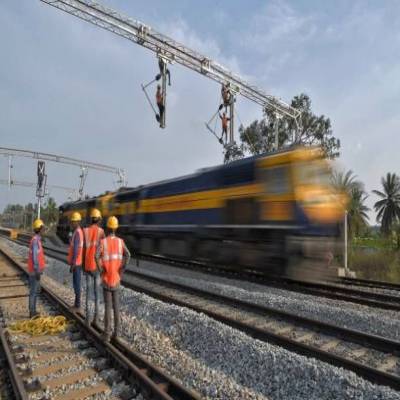

The railway authorities are set to implement a new automated electronic routing and signaling system across their extensive network in response to the three-train crash in Balasore in June. This move aims to eradicate human errors from the system.
According to Railway Minister Ashwini Vaishnaw, the national transportation entity has initiated preliminary trials on solid-state electronic route relay devices and signals. The plan is to establish this technology as the standard within the next 10-11 months.
Vaishnaw emphasised that this technological shift would significantly reduce the likelihood of accidents resulting from human errors and signaling failures. The ongoing efforts in this direction have shown promising results, according to Vaishnaw.
The transition to these new standards will be integrated into the railways' overall upgrade initiatives. As part of routine maintenance, the railways regularly replaces relays at the end of their lifespan. The plan is to replace them with direct drives during these scheduled upgrades.
Currently relying on an electro-mechanical network to manage signaling systems, Indian Railways anticipates completing the shift to solid-state electronic route relay devices controlling signals over a span of three years.
To expedite the process, the railways intend to implement this switch on a mission mode, aiming to equip almost the entire network of 8,000 stations with electronic interlocking signals featuring solid-state relays.
Electronic interlocking (EI) is a critical safety mechanism managing train movements at railway stations and junctions. Unlike traditional relay-based systems, EI employs computer-based technology to synchronise signals, switches, and level-crossing gates, ensuring seamless train operations.
The decision to make this technological leap follows the tragic collision in Balasore, Odisha. Initial investigations by the Commissioner of Railway Security (CRS) pointed to both human error and faulty signaling as contributing factors to the incident, which claimed the lives of 294 individuals.